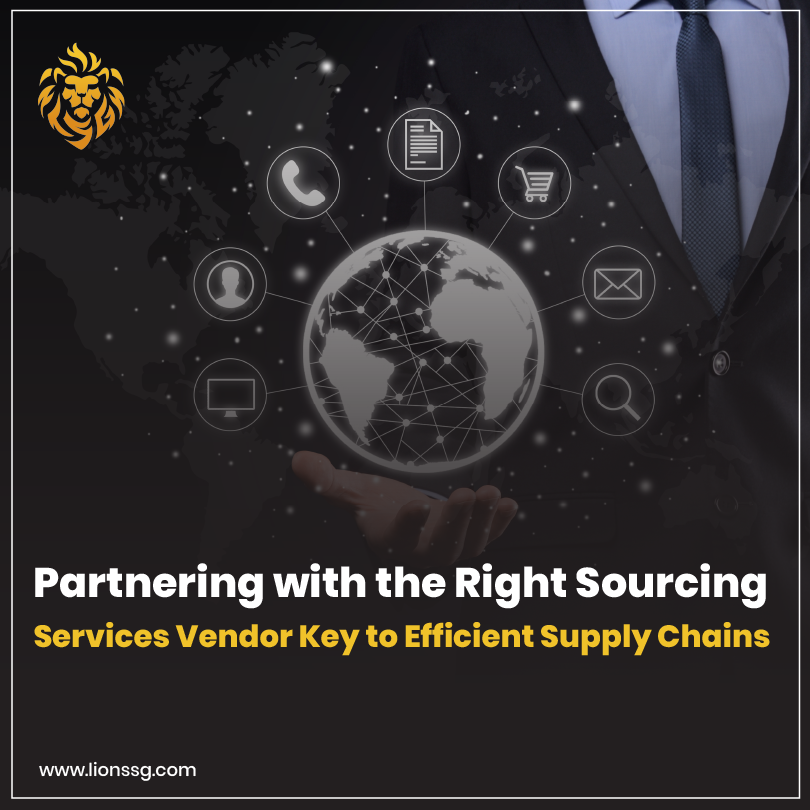Find Out How Condensed Milk Is Made and Why It Works in Recipes
Condensed milk is one of those ingredients that shows up everywhere. It can be used from pies to coffee; it adds sweetness, texture, and a creamy touch. But many people still ask the same question: how is condensed milk made, and why does it work so well in recipes?
In this guide, you’ll learn:
What condensed milk is and what it’s made of.
The structure of making condensed milk at home and in factories.
The disparity between sweetened condensed milk and evaporated milk.
Why condensed milk plays a powerful role in baking and desserts.
Easy condensed milk recipes you can try and apply in your own kitchen.
By the end, you’ll know how to use this component with confidence in your own cooking.
What Is Condensed Milk
Definition of Condensed Milk
Condensed milk is merely cow’s milk with much of the water eliminated. It results in a dense, rich liquid. Sweetened condensed milk, the variety that most recipes ask for, is created when sugar is added.
What Is Condensed Milk Made Of
At its core, condensed milk is made of:
Milk: usually whole milk for a creamier texture.
Sugar: added to make sweetened condensed milk.
That’s it. No complicated ingredients. Just two simple items cooked down to create a smooth, shelf-stable product.
Common Uses of Condensed Milk
You may not realise how often condensed milk is used. It appears in:
Desserts, for example, brownies, truffles, and tarts.
Use for the foundation of no-churn ice cream.
Drinks like Vietnamese coffee or Thai chilled tea
International dishes, specifically in Asian and the cuisine of Latin America
It is popular in many kitchens since it is durable and adaptable.
How Is Condensed Milk Made
The Traditional Process
Water is extracted from ordinary cow's milk to create condensed milk. The liquid is gradually evaporated using heat until the milk thickens and becomes creamy. To preserve it and give it a rich, sweet flavour, sugar is added at this stage.
The milk is shelf-stable and simple to use in desserts thanks to this technique. The end product is flavorful, soft, and flawless.
Industrial Production vs Homemade
The equipment in industries accurately monitors the timing and humidity. This ensures that each sample is identical. Because artificial condensed milk is stored in packages, it remains safe for months.
The procedure is more individualised and slower at home. A small quantity with a homemade and natural taste can be created by heating sugar and milk on the stove. It's perfect for new recipes, but will not keep as long as the canned variety.
How to Make Condensed Milk at Home
Making your own at home is easier than most people think. You only need:
Whole milk
White sugar
A saucepan
A little patience
Cut back on the mixture by approximately half by boiling the milk and sugar. To avoid burning, stir often. Before applying, let it cool down once it's firm. Condensed milk made at home works well for pies, coffee, and easy sweets.
Sweetened Condensed Milk vs Evaporated Milk
Key Differences Between Them
Sweetened condensed milk and evaporated milk look equivalent, but are not the same.
Sweetened condensed milk: has a thicker mouthfeel and additional sugar.
Evaporated milk: is bitter and lighter in taste.
Both are made by taking out water from milk, but sugar changes the taste and use.
Can You Substitute One for the Other
In a small number of recipes, you can substitute milk for condensed milk, but not always. If you use evaporated milk instead, you can add sugar. Otherwise, the dessert will be tasteless.
For savory dishes, evaporated milk works better because it’s not sweet. For desserts, always go with sweetened condensed milk.
Why Sweetened Condensed Milk Is Popular in Recipes
A popular element in baking is sweetened condensed milk since it:
Rich taste is added without adding unnecessary sugar.
It can induce textures that are buttery and smooth.
It is suitable for desserts like whipped cream, cookies, and truffles.
This is why so many classic recipes list condensed milk as a key ingredient.
Why Condensed Milk Works in Recipes
Texture and Thickness
Recipes made with condensed milk are smooth and creamy. Pies, cheesecakes, and puddings employ it because of its thickness, which keeps them together.
Sweetness and Flavour Boost
Condensed milk gives sweetness without the need for further processing because sugar is already incorporated in it. Additionally, it adds a similar caramel flavour that enhances the richness and appeal of desserts.
Role in Baking and Desserts
In baking, condensed milk helps to keep cakes moist and also deepens the flavour. In no-bake desserts, it works as a binder that blends ingredients perfectly. That’s why so many condensed milk desserts are quick, easy, and loved by families.
Easy Recipes with Condensed Milk
Quick Desserts You Can Make
Sweetened condensed milk can be a handy ingredient for creating quick, sweet treats. You can mix it with crushed cookies to create fudge or blend it with toasted coconut to create chewy coconut bars. These condensed milk recipes can be done in a jiffy and taste just as good.
Drinks and Coffee with Condensed Milk
Sweetened condensed milk enhances the texture and flavours of both hot coffee and tea. The Vietnamese coffee and Thai tea wrapped in rich and creamy goodness show the cultural appreciation of drinks made with condensed milk.
Savory Dishes Using Condensed Milk
It’s not only for desserts. Some cooks like to add condensed milk to a curry, a sauce, or a marinade. It mellows out the spices and provides a lovely silken finish to a dish, even a savory one.
Homemade Condensed Milk Recipe
Ingredients You Need
You simply need a few ingredients to make your own homemade condensed milk:
Milk (the finest is whole milk)
For sweetness, add sugar.
An optional little pinch of baking soda (keeps it smooth)
This simple mix helps to make a fresh condensed milk recipe at home.
Step-by-Step Method
Fill the pot with the milk.
Mix vigorously after adding the sugar.
Adjust the heat and boil. Keep mixing to avoid burning.
Leave it for a while to get creamy.
That’s how to make condensed milk without any special tools.
Tips for Best Results
If you want a good-flavour milk, use full-fat milk.
Keep your homemade condensed milk in a fresh box in the refrigerator.
Use it within a week for the best taste.
With these steps, you can enjoy a fresh batch anytime without buying it.
Final Thoughts
Condensed milk is just for sweetness. It is a key component that gives sweet dishes a good taste.
It adds taste and comfort to everything from homemade condensed milk in coffee to sweetened condensed milk in pastries. It's fun and simple to make your own at home.
You only need basic milk and sugar to prepare a fresh condensed milk recipe. Along with this, it’s cost-friendly and gives you a choice over the components that are in the food you eat.
Condensed milk desserts will always have a place in the kitchen, whether you like to use it in baked goods, sweets, or beverages.
FAQs
What is condensed milk used for in baking?
In baking, condensed milk adds flavour and keeps cakes, pies, and bars moist. It also gives desserts a smooth, creamy texture.
Can you make condensed milk without sugar?
You can, indeed. Add milk and a natural sweetener, such as stevia or honey. It works for lighter dishes, but won't taste as well as sweetened condensed milk.
How long does homemade condensed milk last?
A week or so is how long freshly produced homemade condensed milk keeps in the refrigerator. It should always be kept in an airtight, clean jar.
Can I replace evaporated milk with condensed milk?
You can, however, keep in mind that condensed milk has added sugar. To balance the taste, you might need to cut back on the sugar if a recipe calls for evaporated milk.
What recipes use sweetened condensed milk?
Recipes for pies, fudge, puddings, and even beverages like Vietnamese coffee or Thai iced tea call for sweetened condensed milk.
Is condensed milk healthy?
Condensed milk is high in sugar and calories. It's okay in moderation, particularly in desserts, but if you're managing your sugar intake, don't use it every day.










